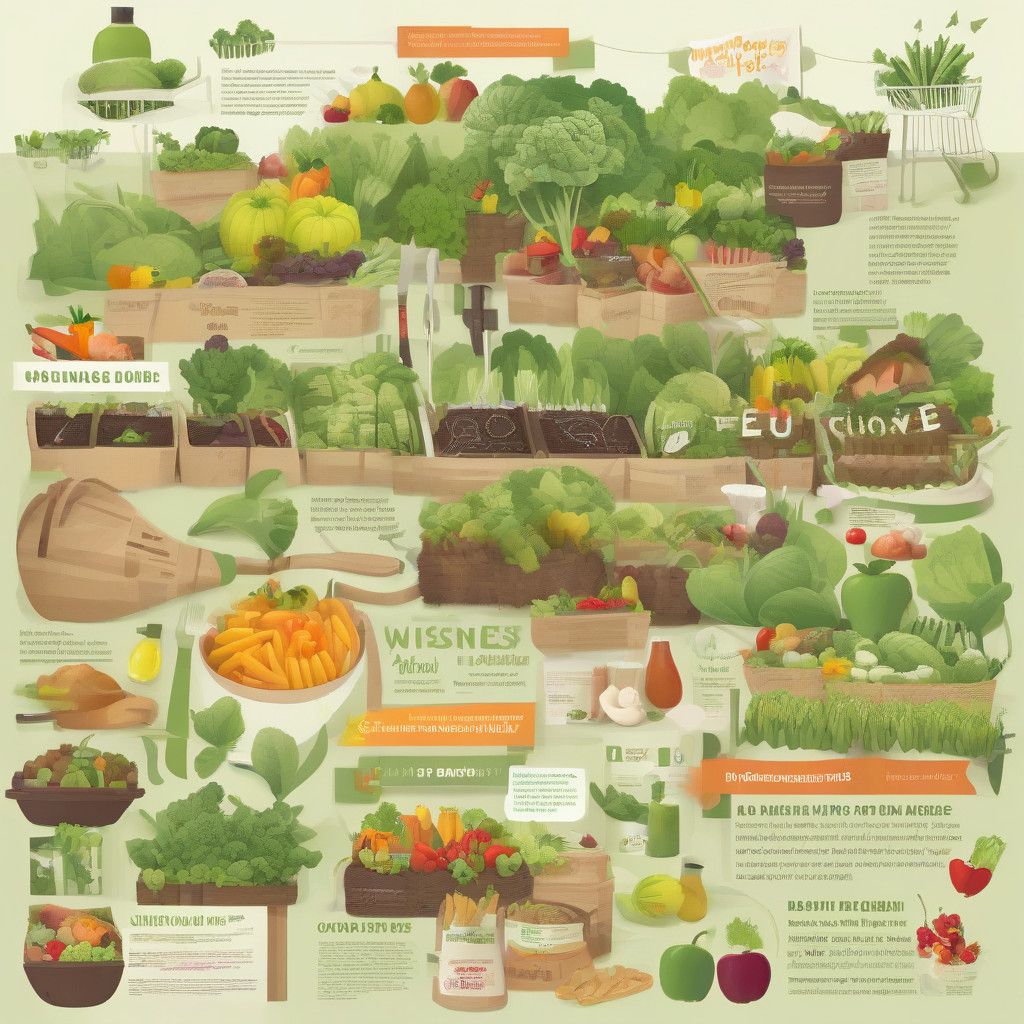The right to food, as defined by the United Nations, emphasizes the importance of physical and economic access to sufficient food for all. Yet, global food security remains a pressing issue. Conflicts, climate change, social inequalities, economic instability, and ineffective governance disrupt food distribution systems, resulting in severe hunger and food waste. The paradox is stark: although we produce enough food to feed everyone, studies reveal that more than 1.3 to 1.6 billion tonnes of food is lost or wasted annually.
The Food and Agriculture Organization (FAO) projects that over 700 million people were hungry in 2022, a figure that has been steadily increasing since 2014. At the same time, the World Wildlife Fund (WWF) suggests that the primary sector alone may lose as much as 1.2 billion tonnes of food each year. This alarming food loss not only highlights issues of food insecurity but also contributes significantly to environmental challenges, including greenhouse gas emissions and the depletion of water resources.
The European Commission recognized these issues and has been making concerted efforts to tackle food loss and waste. However, substantial hurdles persist, especially at the primary production stage. Measuring food loss in this sector is complicated and expensive, leading to the exclusion of primary production from the EU’s quality standards on measuring food waste. The inconsistencies in definitions of food loss further complicate the picture, as different organizations and sectors may align around varying terminologies due to their distinct mandates and goals.
In response to these challenges, the European Commission has funded the FOLOU project, a four-year initiative aimed at measuring, monitoring, and assessing food loss at the primary production level. Coordinated by BETA TC (University of Vic – University of Central Catalonia), the project involves 16 partners from ten countries. FOLOU seeks to empower key stakeholders – including producers, retailers, consumers, policymakers, and researchers – by equipping them with innovative solutions to reduce food loss.
FOLOU identifies four levers of change: understanding food loss, accurately measuring it, providing necessary training, and supporting the adoption of best practices. The project prioritizes the creation of a common framework to define food loss coherently. By establishing a standardized definition, FOLOU aims not only to unify its project activities but also to facilitate alignment with EU-level definitions, thus enhancing effectiveness and collaboration.
Understanding the root causes of food loss is another critical aspect of FOLOU’s approach. These factors can be categorized into behavioral, societal, and environmental influences. Behavioral issues may include farmers lacking knowledge in efficient harvesting techniques or proper timing. Societal constraints might involve market dynamics like low prices or stringent quality standards that limit what can reach consumers, while environmental factors could be adverse weather or pest infestations. Each of these elements influences the amount of food that is lost before it reaches the consumer, leading to economic costs and lower profitability for farmers.
To reduce food loss effectively, changes are required at multiple levels – individual behaviors, organizational practices, and institutional frameworks. FOLOU addresses this need by developing Category Rules for sustainability assessments pertaining to food loss. These guidelines will standardize the measurement of food loss by commodity and country while also assessing their environmental impacts through Life Cycle Assessment aligned with EU standards.
The project also focuses on building a reliable methodology for measuring food loss, considering various food groups and production systems. At present, the FOLOU team is drafting a Food Loss Quantification Manual, which will help streamline and standardize these efforts across the EU. The manual is based on extensive surveys and interviews to collect data and insights on food loss.
Simultaneously, a national food loss registry is being developed. This registry will empower public authorities to gather data from farmers about food loss, enabling a deeper understanding of its scale and causes. It will consolidate this information into European databases, allowing for strategic planning and informed decision-making.
Moreover, FOLOU is taking innovative steps by introducing six advanced tools for food loss measurement. By employing technologies such as unmanned aerial vehicles (UAVs), blockchain, and social networks, the project aims to enhance the precision of food loss estimates. These tools have already been tested, showing promise in improving the forecast and measurement processes.
The final goal of FOLOU is not only to quantify food loss but also to equip various stakeholders – from researchers and policymakers to farmers and public administrators – with the knowledge and skills to drive tangible changes. The project has also laid the groundwork for a ‘Comprehensive Learning Framework on Food Losses’ which will be the foundation for an eLearning center. This center will offer specialized courses aimed at enhancing knowledge on food loss measurement, sustainability implications, and strategy integration into policymaking.
As FOLOU continues its work, it is fostering collaboration with existing projects and engaging policymakers through programs like the Twinning Regions Programme. This initiative, set to launch in January 2025, will involve partners working with external actors to validate methods and test the monitoring technologies developed by FOLOU.
In summary, addressing food loss is essential for achieving global food security. With the support of initiatives such as FOLOU, a concerted effort is underway to develop effective policies and methodologies that target the root causes of food loss. Through innovative measurement techniques, structured training programs, and collaborative governance strategies, FOLOU is positioning itself as a key player in paving the way to a more sustainable food system in the EU and beyond.












